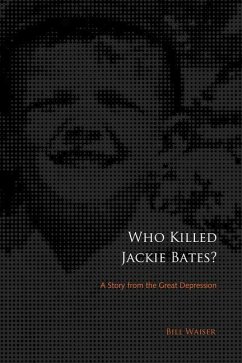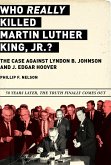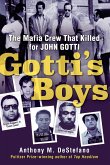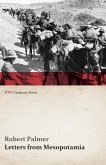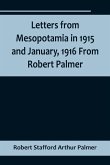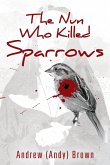Short listed for 3 Saskatchewan Book Awards: Non-Fiction Award Saskatoon Award Book of the Year Award On the morning of 5 December 1933, a young RCMP constable discovered a grisly scene in the Avalon schoolyard in rural Saskatchewan. A young boy lay dead in a rented car, an apparent victim of carbon monoxide poisoning. In the car with him were his parents, who would survive both the effects of the gas and self-inflicted knife wounds only to face murder charges in their son's death. The subsequent trial of Ted and Rose Bates ranks as one of the most hotly debated in Saskatchewan history. Historian Bill Waiser examines an incident long held up as an example of the sheer despair and bureaucratic heartlessness of the Depression and shows that the truth is much more complex. Through meticulous research, including letters, police and trial documents, contemporary accounts, and interviews with people who knew Ted, Rose, and Jackie, the author recreates the troubled lives and desperate times of Ted and Rose Bates in order to explain what led them to that isolated schoolyard on a cold December night. Waiser traces the Bates' story from Ted and Rose's arrival in Canada as immigrants searching for a better life to the final outcome of their dramatic trial. The story is written with an immediacy that goes beyond a more traditional narrative approach in order to provide a better understanding and appreciation of the circumstances behind the sorry incident. The words spoken throughout the book are taken verbatim from the sources and serve to reinforce that the Bates were not simply helpless victims of the Depression, but flawed people with complex personalities. Who Killed Jackie Bates? superbly recreates the Depression ethos to provide insight into a time and place that seem light years away from the Canada of today.
Hinweis: Dieser Artikel kann nur an eine deutsche Lieferadresse ausgeliefert werden.
Hinweis: Dieser Artikel kann nur an eine deutsche Lieferadresse ausgeliefert werden.

